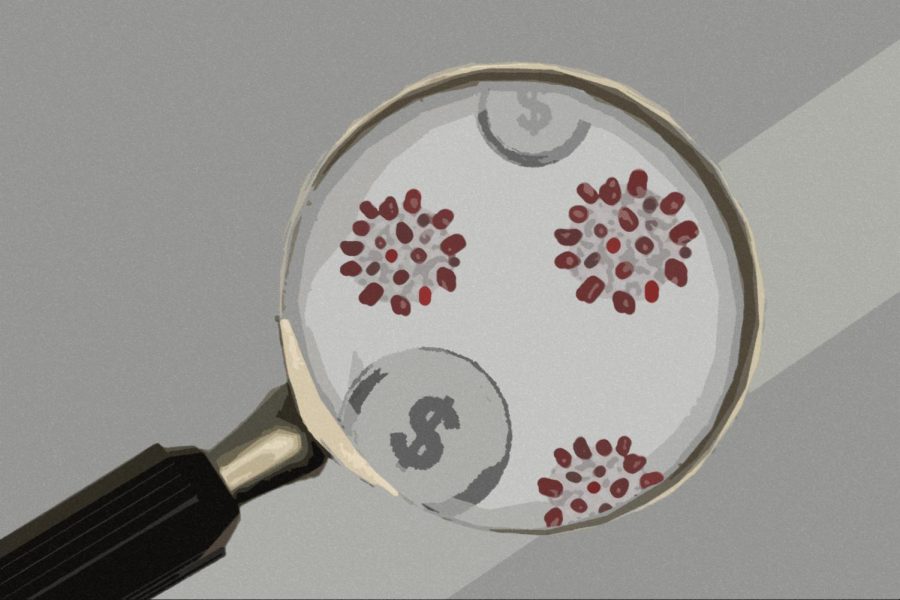Provide financial compensation to contact tracers
November 23, 2021
When someone on campus tests positive for COVID-19, they receive a call asking them where they have been lately and who they have been around. That one call has the potential to stop further spread of the virus in the UT community. Contact tracers are at the forefront of the University’s fight against the COVID-19 pandemic.
The UT Austin Contact Tracing Department currently has a full paid staff along with student volunteers. Because student volunteers dedicate their time to help prevent the spread of COVID-19 on campus, they deserve some form of financial compensation.
Although they are volunteers, the students do put a lot of effort into contact tracing, and it is no easy task. Students already undergo stress with their coursework and personal lives, and those who volunteer as contact tracers are adding more responsibilities to their plate to help prevent any major COVID-19 outbreaks on campus.
“I do think there’s a lot of time involved with contact tracing, and to be fair, they do make that very clear, so that’s not something that gets sprung up on you,” Kevin Sheth, neuroscience junior and former volunteer contact tracer for UT, said. “But for the amount of time that you’re putting into it, I do think some sort of compensation would definitely (be beneficial).”
In addition, students often volunteer to gain experience with health care issues and to promote public health, but not all students can afford to work without pay. Students are expected to pick between helping their community or taking care of themselves financially, and that type of choice leaves students with financial need behind.
“Some sort of compensation would alleviate a lot of the students’ concerns, especially during the peak of the pandemic, when there are a lot of people out of work, a lot of families who couldn’t afford to pay tuition,” Sheth said. “I really do think that would have helped.”
At this time, the contact tracing department does not offer any compensation.
“All volunteers are offered opportunities to apply to any open contact tracer full time position via the UT Austin job posting website,” the UT Health Austin Contact Tracing Department said in an email.
But how are students expected to work 40 hours a week when they have to handle the responsibilities and course load of being an undergraduate and may already have a part-time job? Students should not have to move to full-time positions in order to receive some form of financial reimbursement. These volunteers are sacrificing their time and energy for the safety of their community, and are not given the monetary support they deserve.
The UT Health Austin Contact Tracing Department should offer scholarship opportunities to student volunteer contact tracers. The scholarships should go to students who show exemplary dedication to their work and have financial need. This would allow student volunteers in the contact tracing department to still have the opportunity to help their community without the added stress of their financial situation.
“College isn’t cheap…” Sheth said. “For me personally, any sort of (financial) compensation does help with tuition or housing.”
Student volunteer contact tracers deserve financial support for all they do for the UT community.
“The UT community is grateful for the dedication of our volunteer contact tracers,” the department said. “And we are confident that the community is safer because of it.”
If the UT Health Austin Contact Tracing Department is truly grateful to its student volunteers, they should be more accommodating to the students who are helping keep the UT community safe. They can do so by offering scholarship opportunities to student volunteers.
Ponce is a journalism freshman from Laredo, Texas.



